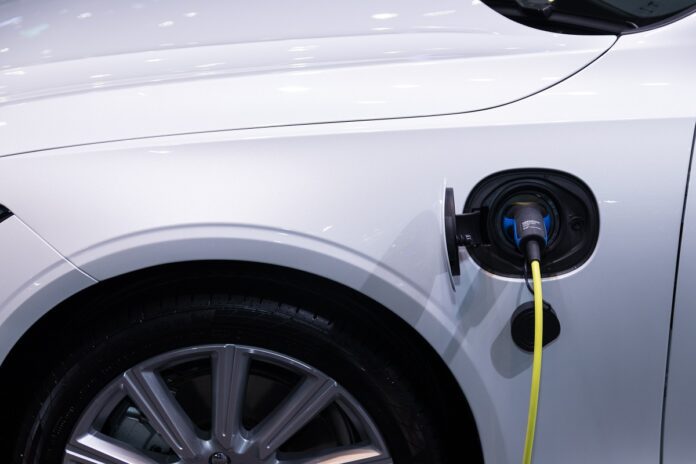Swansea Council chiefs said they expect all of its vehicle fleet to be electric or ultra-low emission in eight years’ time.
It owns, leases or hires nearly 1,000 cars, vans and lorries, with 60 of them fully electric.
The council has a commitment to be “net zero” by 2030, meaning it will slash carbon emissions it is responsible for and offset the remainder with measures such as solar farms and tree-planting.
But its commitment to electric vehicles has been questioned by former councillor Ioan Richard following a Freedom of Information request he sent to the authority.
The council’s response said it owned 142 vehicles and leased or hired 838 more. Most were vans and light trucks. Fifty five vans, two cars and one lorry were fully electric.
Mr Richard was critical of the fully electric total as, in his view, the council “really hypes up electric vehicles and green policies”.
In response to questions from the Local Democracy Reporting Service, the council said it now operated 60 electric vehicles and that 25 more were coming in the next few months. Sixteen mechanics have been trained to maintain them.
The council said its light commercial fleet was expected to be fully electric by 2025, with the remainder – including refuse lorries – to be ultra-low emission by 2030.
Ultra-low emission is a term to describe vehicles which emit less than a defined unit of carbon dioxide per kilometre, incorporating different types of technology.
Cllr Andrea Lewis, joint deputy leader and cabinet member for service transformation, said it hoped its approach would set an example to other organisations as well as benefiting the environment.
“We’ve been urging other organisations in Swansea to join us in aiming for a zero carbon Swansea by 2050,” she said. “The council aims to get there by 2030.”
Cllr Lewis said it set up the mechanic training course with Gower College Swansea, which was now offering it to businesses.
Mark Barrow, fleet manager at the council, said the training of the 16 mechanics – with the support of the Unite union – was an investment in the team’s future.
He said: “Up to now we’ve had to send our electric vehicles to an outside contractor for repairs and maintenance. Thanks to the training the team have had we’ll be able to bring that work in-house.”
With more electric vehicles coming, he said the team was now ahead of the learning curve.
The Freedom of Information response to Mr Richard also said the council’s electric vehicles were inspected every 26 weeks, except for the lorry which was inspected every six weeks.
The response also said the council didn’t hold any information about battery or recycling facilities in the region.
Help keep news FREE for our readers
Supporting your local community newspaper/online news outlet is crucial now more than ever. If you believe in independent journalism, then consider making a valuable contribution by making a one-time or monthly donation. We operate in rural areas where providing unbiased news can be challenging. Read More About Supporting The West Wales Chronicle























